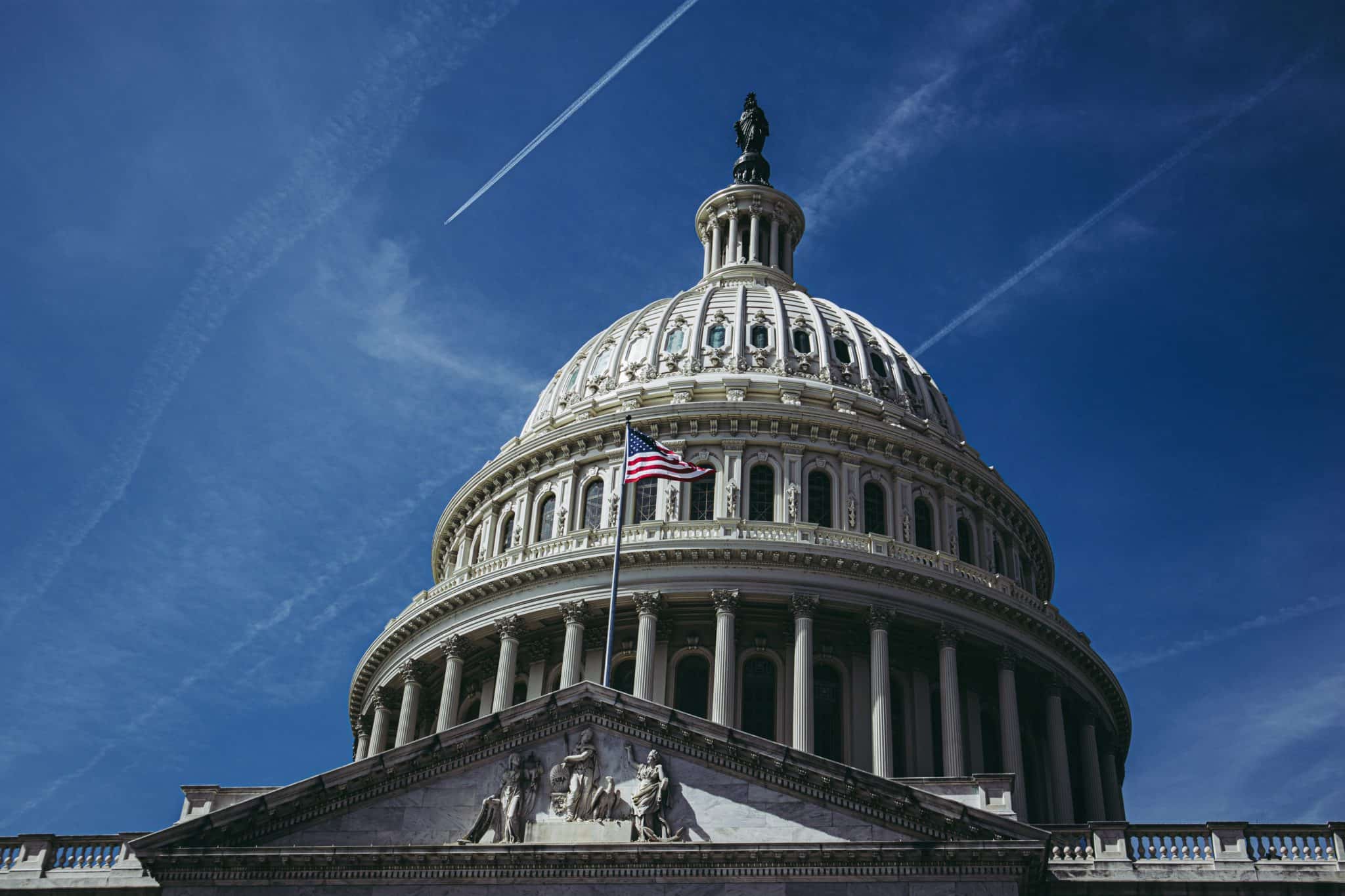Anita Alem is a student at Harvard Law School.
In today’s news and commentary: Underfunding at the NLRB; PEB recommends wage increases to avoid rail strike; NLRB files another complaint against Starbucks; and California begins collecting employee demographic data self-identifying as a descendant of enslaved peoples.
The Guardian reported Wednesday that labor leaders in the United States are sounding the alarm over NRLB funding levels. The NLRB budget has been frozen since 2014, and since then, field staff has been reduced by 37%. The funding crisis is further exacerbated by the 58% increase in union elections last year, particularly due to organizing efforts at Starbucks and Amazon. The latest disappointment over agency funding levels occurred when Congress failed to include an increase in funding for the NLRB within the Inflation Reduction Act. Congress could still increase the NLRB budget through the appropriations process.
As Travis has previously reported, railroad workers have been attempting to reach a contract for more than two years and are on the verge of going on strike, which could have significant implications for supply chains. The Presidential Emergency Board (PEB) recommended providing more significant wage increases and increased health coverage. Railroad Workers United, a committee of the 12 unions that represent the workers, is considering the recommendations and has 30 days to accept the non-binding proposals.
The NLRB filed yet another complaint against Starbucks on Tuesday, adding to the more than 20 complaints that have already been filed against the company. The complaint alleges that Starbucks sent workers at 10 stores letters that insisted that when workers unionize, wages and benefits will be frozen while negotiations occur and that a contract may never be reached; these letters interfered with workers’ NLRB rights.
Finally, California is set to become the first state to begin collecting demographic data of state employees specifically identifying whether the employee is a descendant of enslaved people. The opt-in demographic information may be gathered beginning in 2024 and is anticipated to be publicly available beginning in 2025. California also recently passed a bill in support of reparations and produced a task force report investigating reparations for Black Californians who are descendants of slaves.






Daily News & Commentary
Start your day with our roundup of the latest labor developments. See all
March 3
In today’s news and commentary, Texas dismantles their contracting program for minorities, NextEra settles an ERISA lawsuit, and Chipotle beats an age discrimination suit. Texas Acting Comptroller Kelly Hancock is being sued in state court for allegedly unlawfully dismantling the Historically Underutilized Business (HUB) program, a 1990s initiative signed by former Governor George W. Bush […]
March 2
Block lays off over 4,000 workers; H-1B fee data is revealed.
March 1
The NLRB officially rescinds the Biden-era standard for determining joint-employer status; the DOL proposes a rule that would rescind the Biden-era standard for determining independent contractor status; and Walmart pays $100 million for deceiving delivery drivers regarding wages and tips.
February 27
The Ninth Circuit allows Trump to dismantle certain government unions based on national security concerns; and the DOL set to focus enforcement on firms with “outsized market power.”
February 26
Workplace AI regulations proposed in Michigan; en banc D.C. Circuit hears oral argument in CFPB case; white police officers sue Philadelphia over DEI policy.
February 25
OSHA workplace inspections significantly drop in 2025; the Court denies a petition for certiorari to review a Minnesota law banning mandatory anti-union meetings at work; and the Court declines two petitions to determine whether Air Force service members should receive backpay as a result of religious challenges to the now-revoked COVID-19 vaccine mandate.